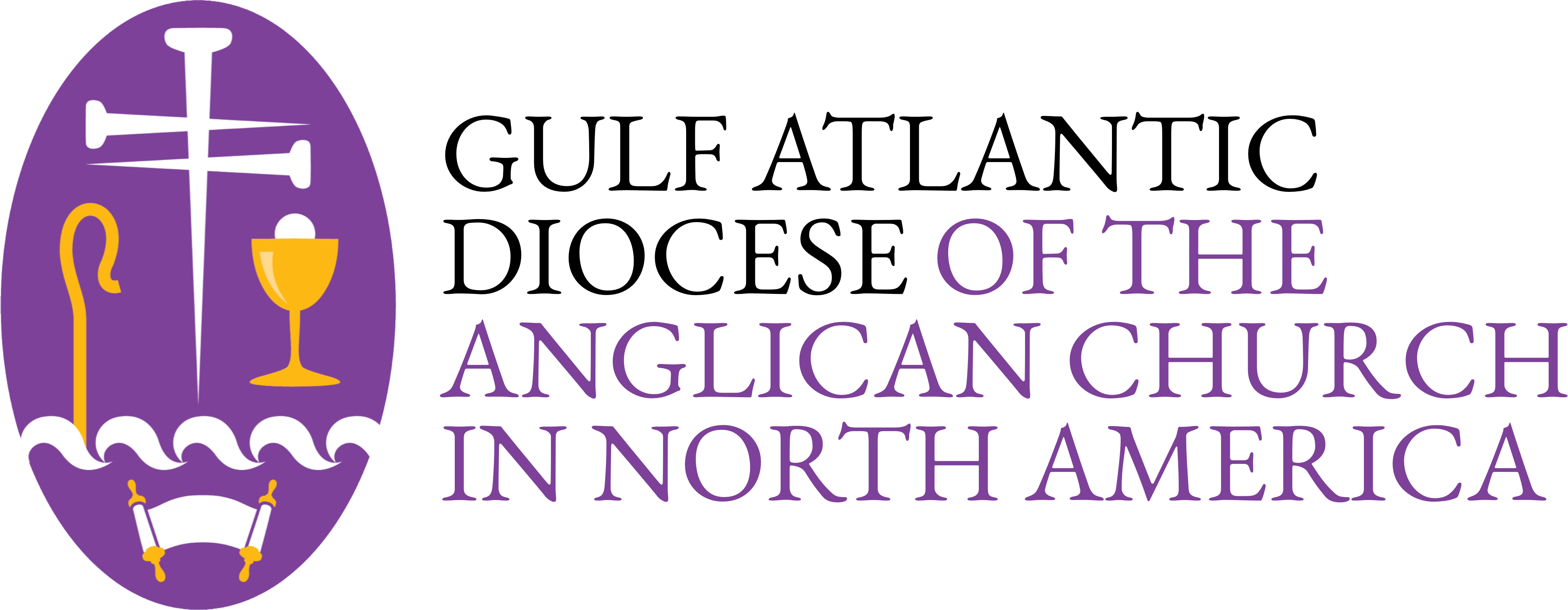
It’s over! The deliverance has been accomplished! The people God has chosen and made his own have walked through the sea, with walls of water standing back for them on both sides (Exodus 14:22, 29). All through the night the people crossed the dry seabed. And just before dawn the last incredulous Israelite climbed up on the far bank of the Red Sea, the soles of his sandals bone dry. Then together they all watched the waters close upon their enemies and sweep them away. The community erupts into awed and jubilant thanksgiving, singing and dancing. They celebrate, calling themselves “the people you purchased!” (Exodus 15:16)
As the last tambourine falls silent, the community turns to face the wilderness. I imagine this as a stunningly daunting moment. Night comes once again and this part of the wilderness is unfamiliar to them. The route Godhas chosen is not the known route, the easy and well traveled one. How would they know how to navigate this empty wasteland? Where is water? Which way to Canaan?
A few months ago we drove with a group of leaders into the wilderness of Israel’s sojourn. We sat on a rocky slope and were silent for a half an hour, just staring into the vast, empty landscape, trying to imagine what went on in the hearts of our spiritual ancestors as they faced the terrifying, seeming vacancy of the scene before us. Paul urges us to heed the lessons of the wilderness as warnings in our own walk of faith (I Corinthians 10). What were the lessons in their next steps, after the waters closed?
There are two examples of guidance here, one providing direction, literally making clear the path they are to take to the Promised Land. The other example is the challenge of painfully specific, and sometimes inexplicable instruction.
First comes directional guidance. We know that in addition to the stark scene before them, there was one visible sign of hope. There was that pillar of cloud and fire, a sign that God was present and guiding. The scriptures say it never left them, so it must have been the pillar that led the way forward from the shore of the sea. It is here that I would like to have a chat with Paul about guidance.
Don’t you wish God’s guidance seemed that unambiguous to you … today? How many times have we each stood before some tough decision, just wishing that we could have a pillar of cloud or fire to make God’s will obvious? School decisions, career decisions, family decisions… if we’re honest we have to admit that there is always a shred of doubt. We are never as certain as we feel we would be if we could just make out that pillar. Why doesn’t God still give pillars or write on walls like he did for King Belshazzar and Daniel? (Daniel 5:5)
The truth is that the God who led the way with the pillar now burns within us! Jesus made him visible, and his Spirit lives in us, always directing. And Jesus promises that his sheep will learn to hear his voice. Still, spiritual discernment is not a tangibly observable proposition, and there is always that lurking bit of troubling uncertainty … that element of risk. What if we get it wrong?
Like the pillar, the Holy Spirit, generally through the Scriptures, keeps us moving in the direction of the Kingdom’s priorities. But along the way we can become disappointed, confused or uncertain about specific choices.
There is some helpful insight, some traction, in the very first example of guidance, besides the pillar, that we see after the waters close on Israel’s enemies. This is an example of challenging and specific instruction.
Moses leads the people, we assume following the pillar, into the desert of Shur. Thus the journey begins. How will God care for them? They set out and travel for one day, then a second, and then a third, but, chillingly, they find no source of water. What is in their hearts? Is the pillar a mirage? Then, they must have heaved a huge collective sigh of relief as a genuine oasis appears up ahead. Finally!
But their relief is short-lived. The water God led them to is undrinkable. Bitter. What do their hearts make of this desperate and dangerous disappointment? What do we make of it? Can God be trusted?
The people turn on Moses, and Moses turns to God, who (wait for it) shows Moses a piece of wood. That’s it. “The Lord showed him a piece of wood.” (Exodus 14:25) We assume God told him to throw it in the water because that’s what Moses does next. I try to imagine my train of thought if I’d been Moses. Seriously? Just throw it in? Just tell the people you told me to do it, and then everything will be fine? If nothing changes they will drown me in this bitter water!
Of course, Moses follows the Lord’s directions and the water becomes sweet, refreshing the whole community. This brings home to me a warning I’ve seen repeatedly in the Scriptures and in my own life. Often God’s instructions seem unlikely, risky, even unsafe. Only our obedience, followed by the outcome, vindicates God’s genuine leading. (For example, only when the Ethiopian eunuch drove by, with all his hungry questions about the suffering servant of Isaiah 53, did Philip understand why God had directed him to go and stand on that particular road. Acts 8:26) Assuming what we hear is not out of harmony with Scripture, we do what we think we hear and then see what follows.
Years ago, with two daughters, aged 3 and 6, our family seemed snug and safe … perking along according to plan. It was then that we thought we heard God direct us to a 12 year old who had been savagely abused, and instruct us to make her family. Not only did all the family-systems gurus caution us about disturbing the birth order of our daughters, but our own parents expressed grave concerns. Still, there was this troubling, persistent, sense we had that this was God’s will and specific direction. If we were wrong, the consequences would be devastating, but there was no ignoring what we thought we were hearing.
Our foster daughter’s arrival was our then three-year old’s earliest memory. The days that followed were not easy. There were the inevitably tough adjustments for each family member. Our foster daughter’s father stalked our house and left obscene messages on our phone. She exhibited bizarre behavior. We were frightened and exhausted. We remember one particular day off when Neil and I sat on a bench by the sea, staring for what seemed like hours, barely speaking but each wondering, What have we done? Could this have been God’s idea?
Decades later, I can say with absolute certainty that it was. Our first two daughters, and the son that followed, have thanked God, and us, for their sister. Embedded in our experience, difficult as it was during some seasons, were things we needed to learn. God shaped each one of us profoundly in ways that give us joy to see. There’s a world of wisdom in this picture of Moses and the piece of wood. First we do what we think we hear and usually only then do we see what God was up to. Do… then See!
Others have expressed this truth as obedience precedes understanding. C.S. Lewis describes the same truth this way in Christian Reflections: “We ride with our back to the engine. We have no notion of the stage of the journey we have reached. A story is precisely the sort of thing that cannot be understood until you have heard the whole of it.”
In what ways, small or large, are you sensing God’s direction? Will you risk it? He is Lord of the wilderness and Lord of the story.
